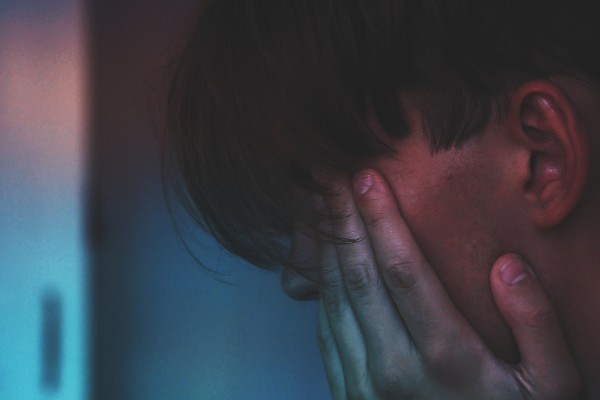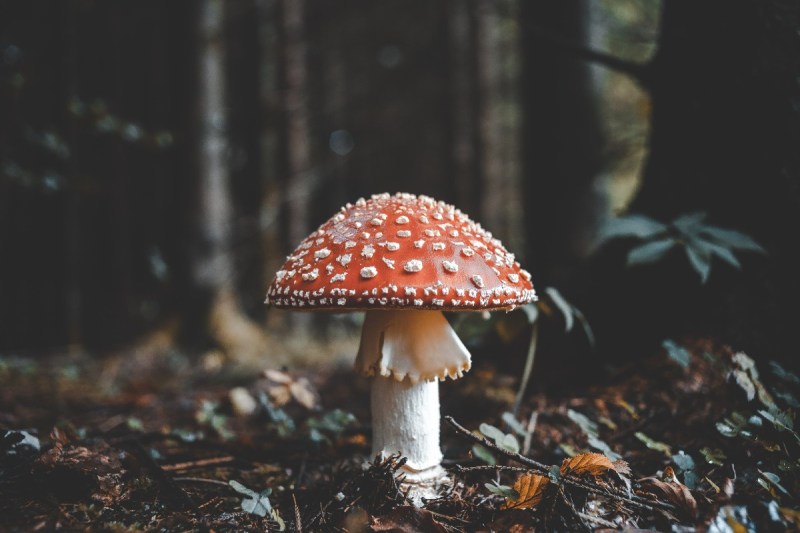In recent years, psychedelic therapy has emerged as one of the hottest trends in mental health. Now, the largest trial yet indicates that psilocybin mushrooms—often colloquially called “magic mushrooms”—could offer powerful benefits to those seeking depression treatment.
According to a study that’s just been published in the New England Journal of Medicine, patients coping with treatment-resistant depression experienced significant reductions in symptoms for up to three weeks after taking a large dose of psilocybin alongside psychological support. These patients reported substantial benefits when compared to trial subjects who took much smaller doses.

About the psilocybin study
Participants in the study included 233 volunteers spanning ten countries, all of whom had failed to respond to at least two other forms of treatment for depression. These volunteers were randomized and received a single dose of psilocybin either 1mg, 10mg, or 25mg in strength.
Before taking their dose, the volunteers received counseling and information about what to expect from a psychedelic experience. Then during each patient’s session, they were directed to focus inward while listening to a specially prepared playlist of music that lasted roughly six hours. Participants were monitored during the experience, then received counseling sessions one day later, and then a week after that to help analyze their experience. Their mental health was then tracked for 12 weeks.

The results
When compared against the single milligram control dose—which the researchers accurately theorized would have little to no lasting impact—volunteers who ingested 25mg of psilocybin experienced significant improvement in depression symptoms that lasted for up to three weeks. Participants who took 10mg experienced a reduction of symptoms as well, but not to a statistically significant degree.
According to the authors of the study—which was funded by the psychedelic therapy company Compass Pathways—this is the largest study of its type. While its results suggest that it indeed may be beneficial to take psychedelic mushrooms for depression, the authors did mention a few things to keep in mind.
The overwhelming majority of participants—77%—reported negative side effects such as headache, nausea, and dizziness, while suicidal ideation or behavior occurred across all dosage groups. Whether suicidal thoughts and actions were motivated by the psilocybin or derived from other factors is unknown.

Future psilocybin studies
Negative side effects aside, Compass Pathways finds the results to be promising. It plans on conducting two more studies before the year is out that will span over 900 volunteers.



